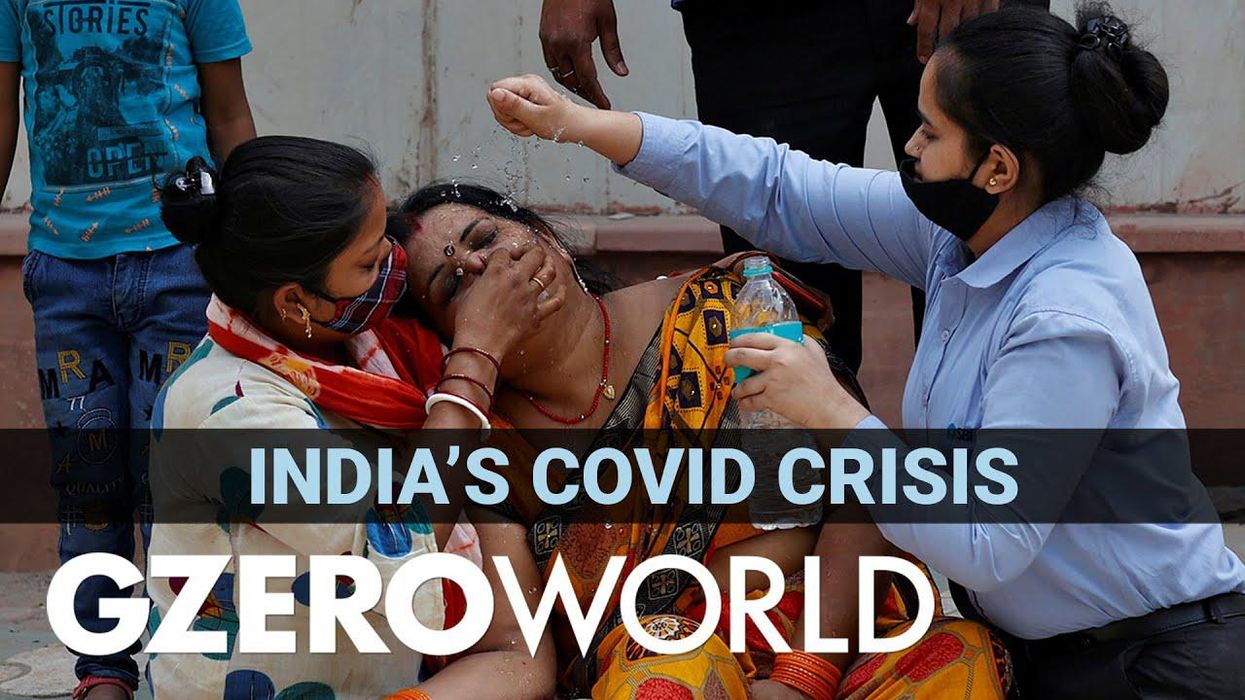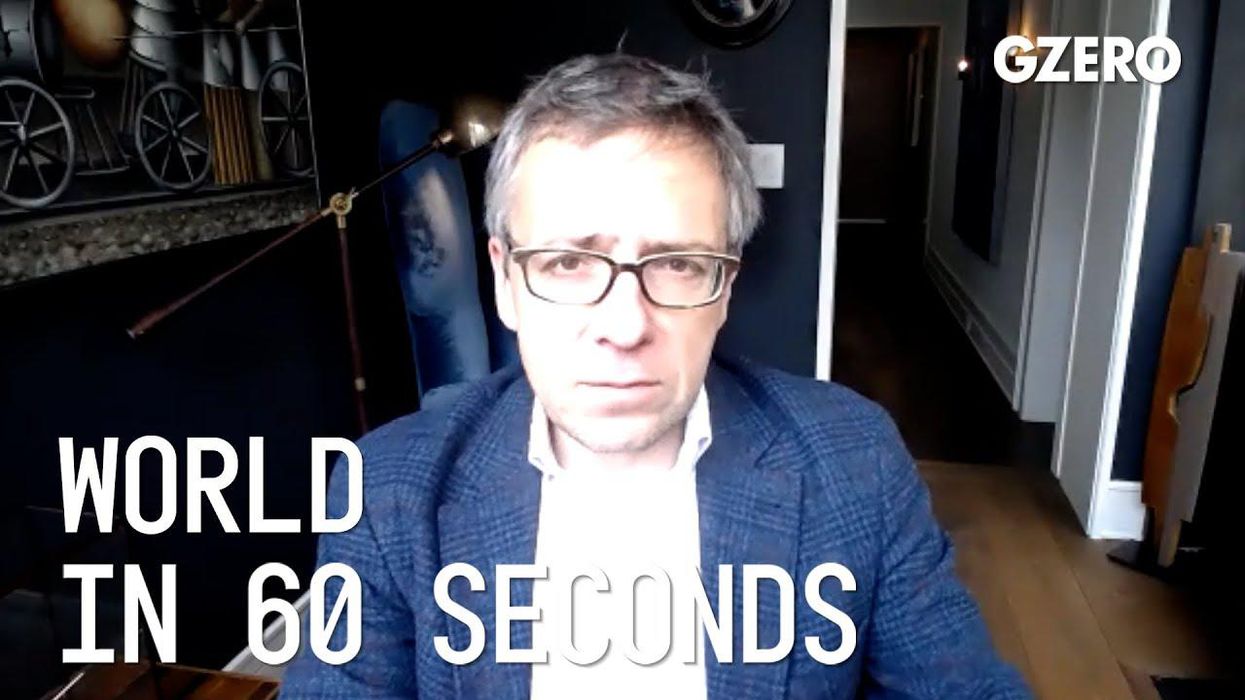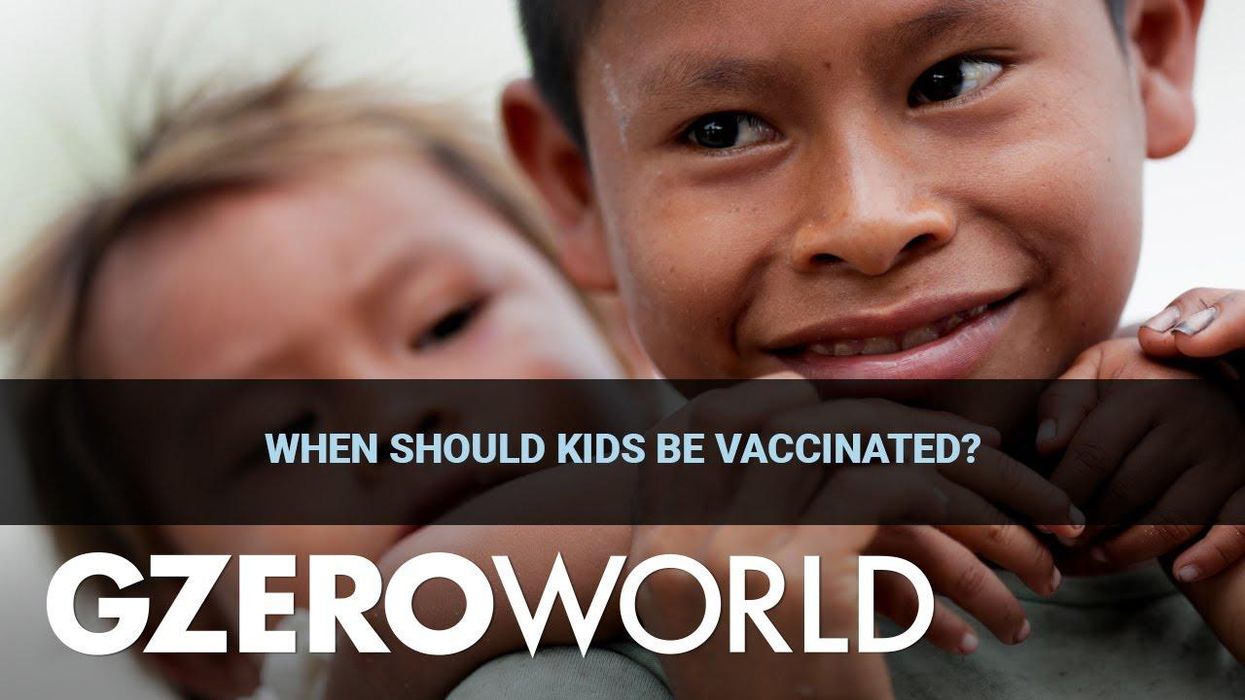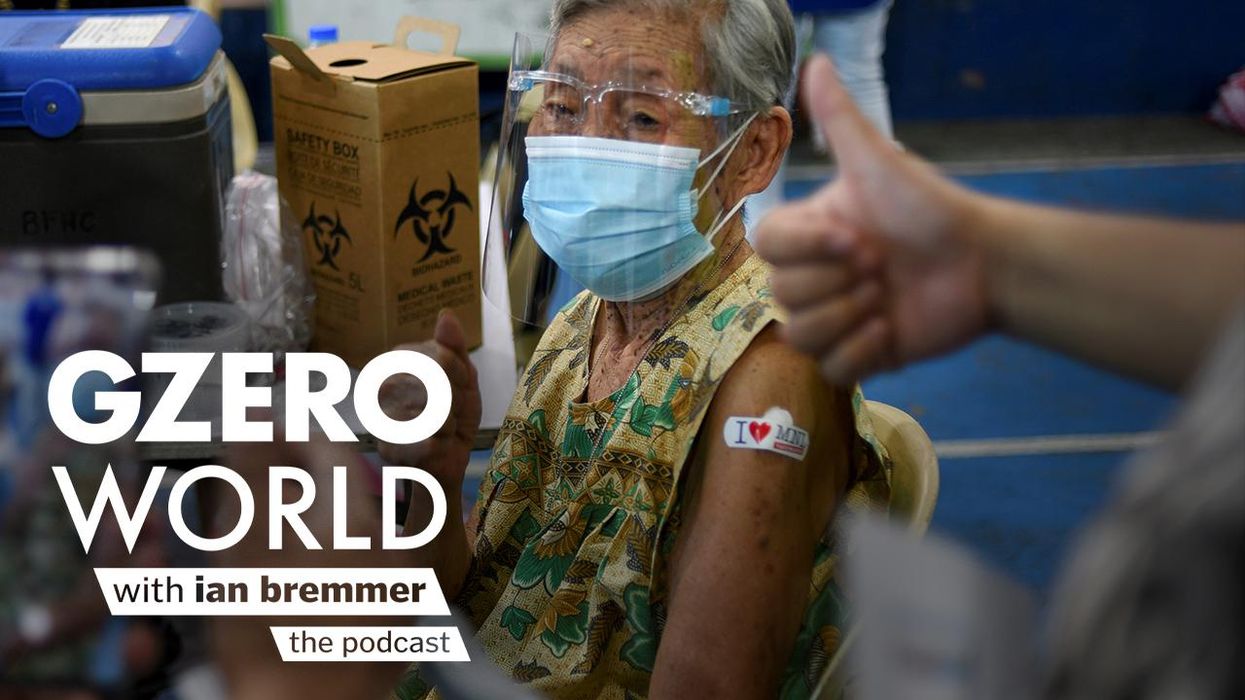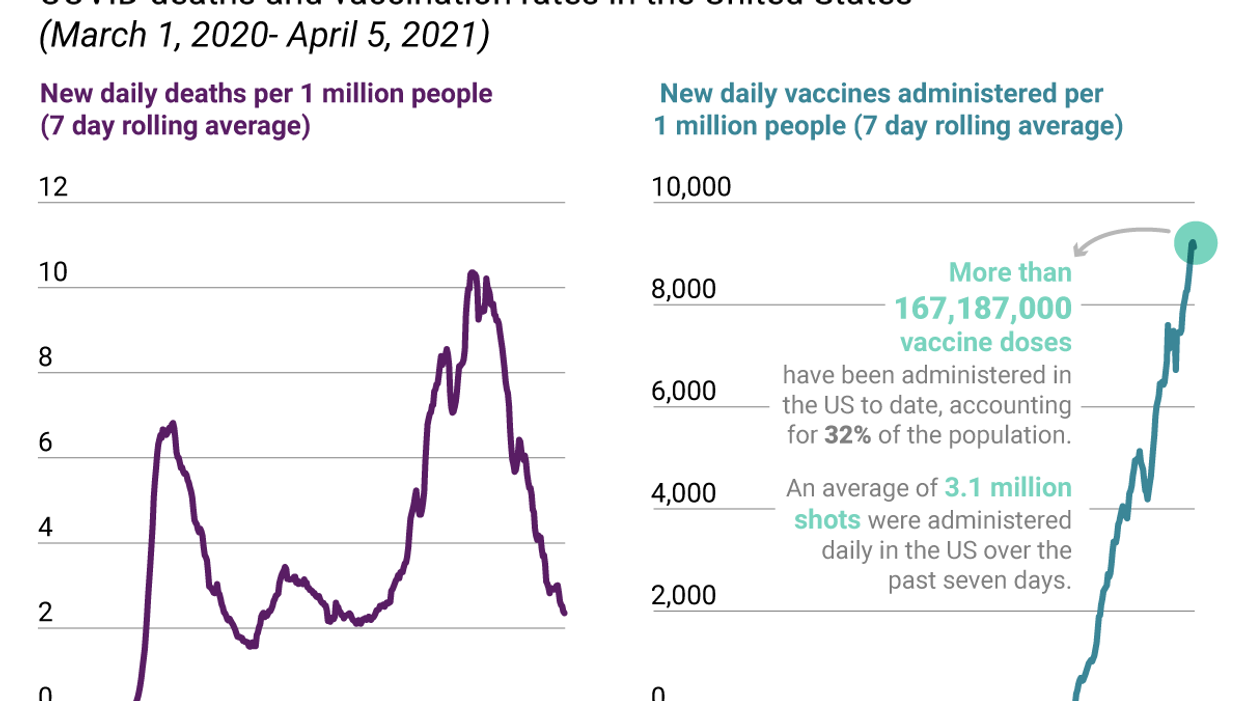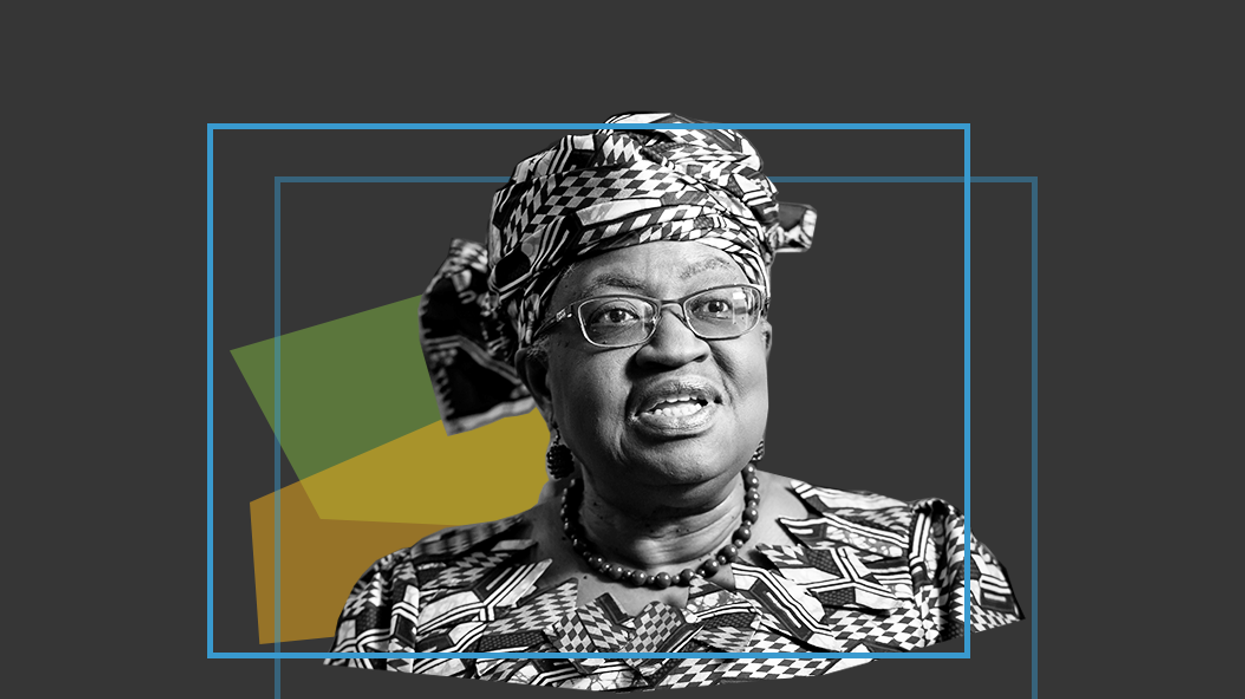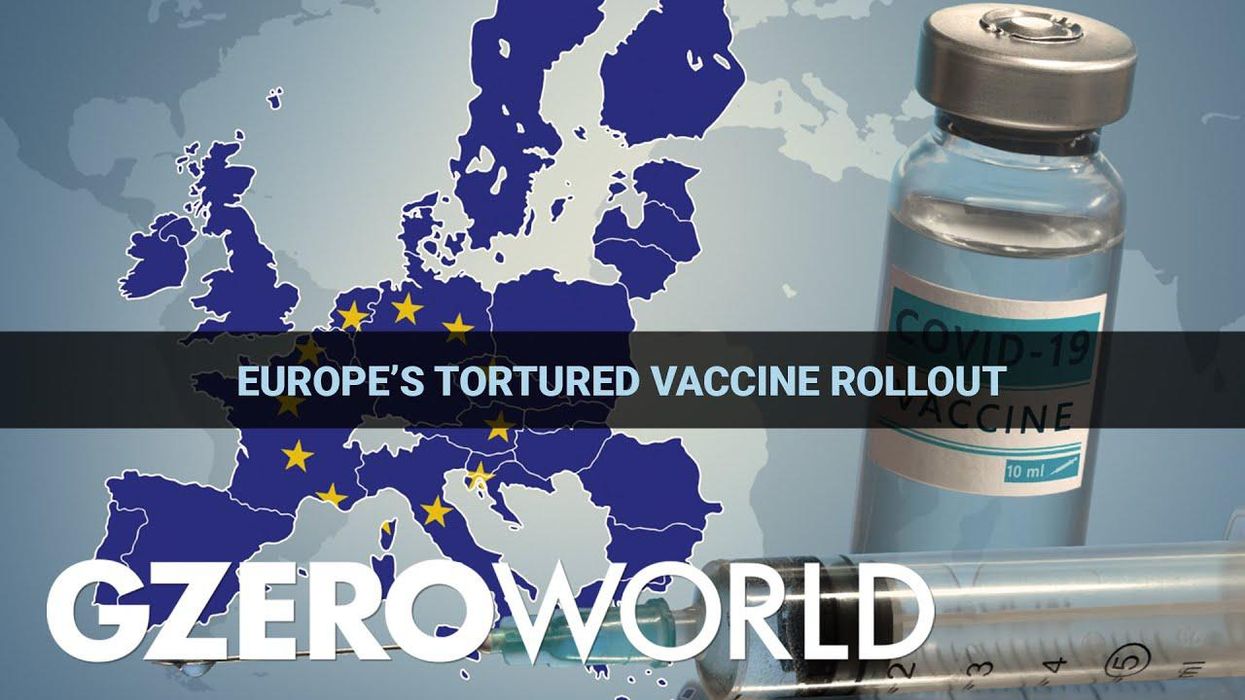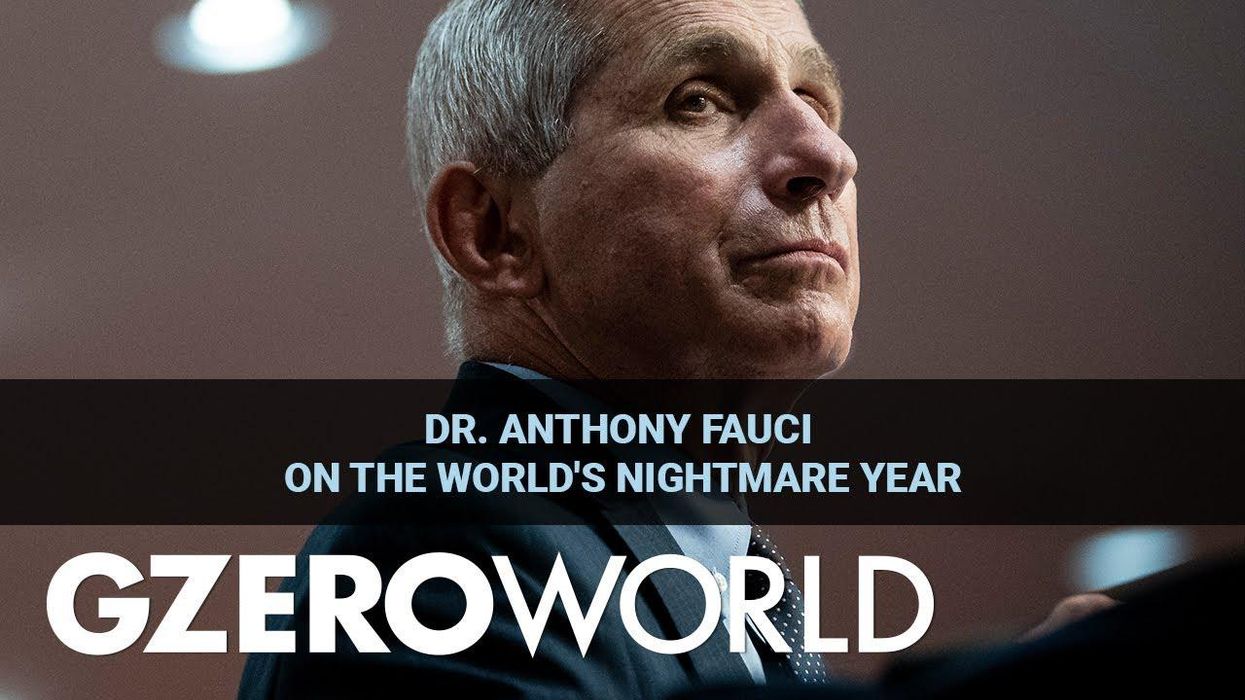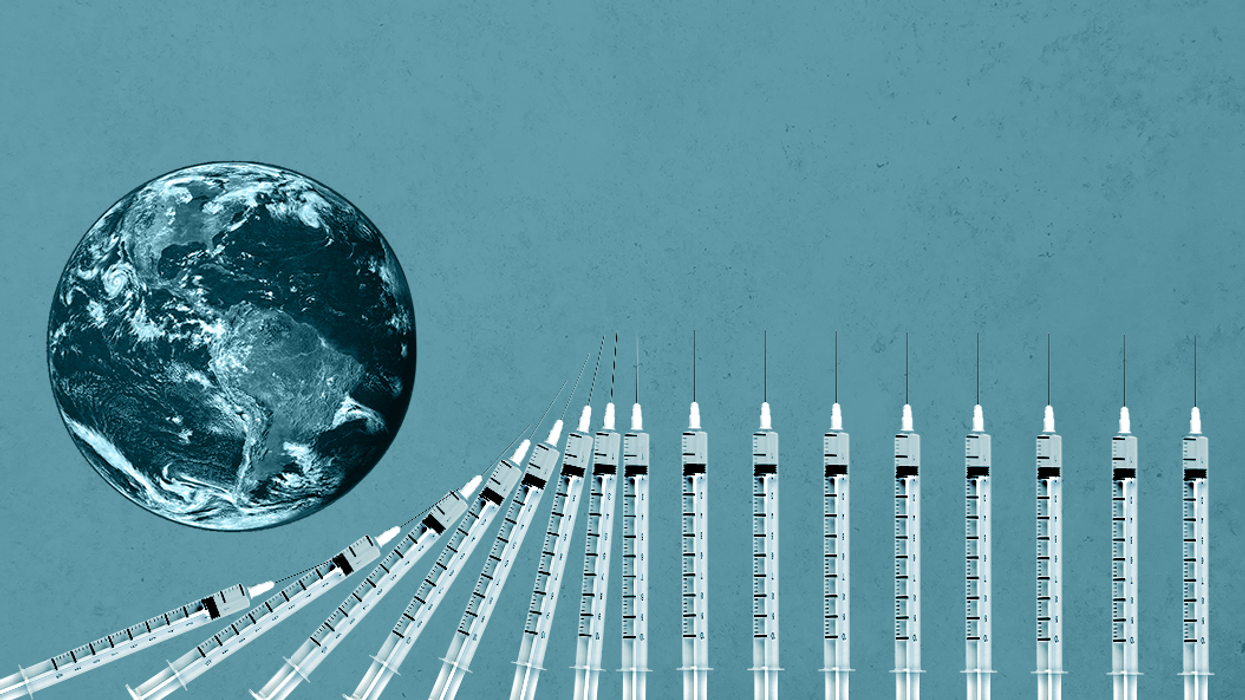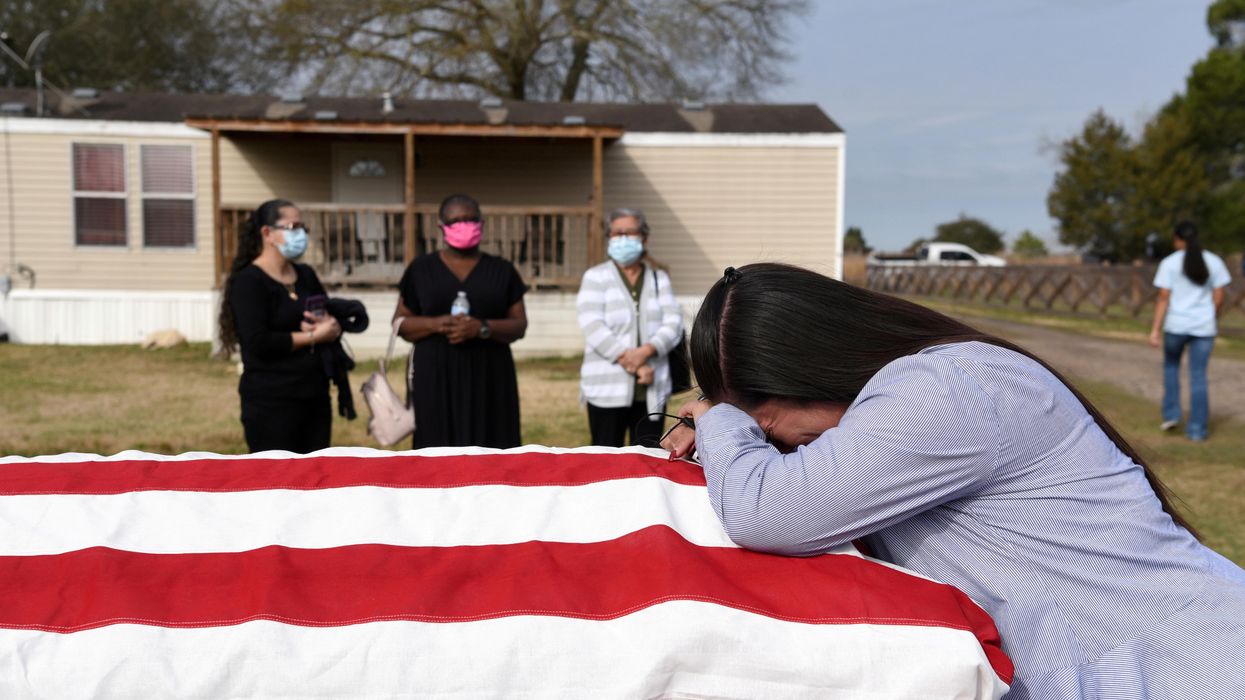GZERO World with Ian Bremmer
India’s COVID calamity
As the COVID crisis looms large in India, Barkha Dutt says the country desperately needs help. In a gut-wrenching interview with Ian Bremmer, the Delhi-based journalist wrestles with both the personal and collective devastation happening across the country.
May 10, 2021
